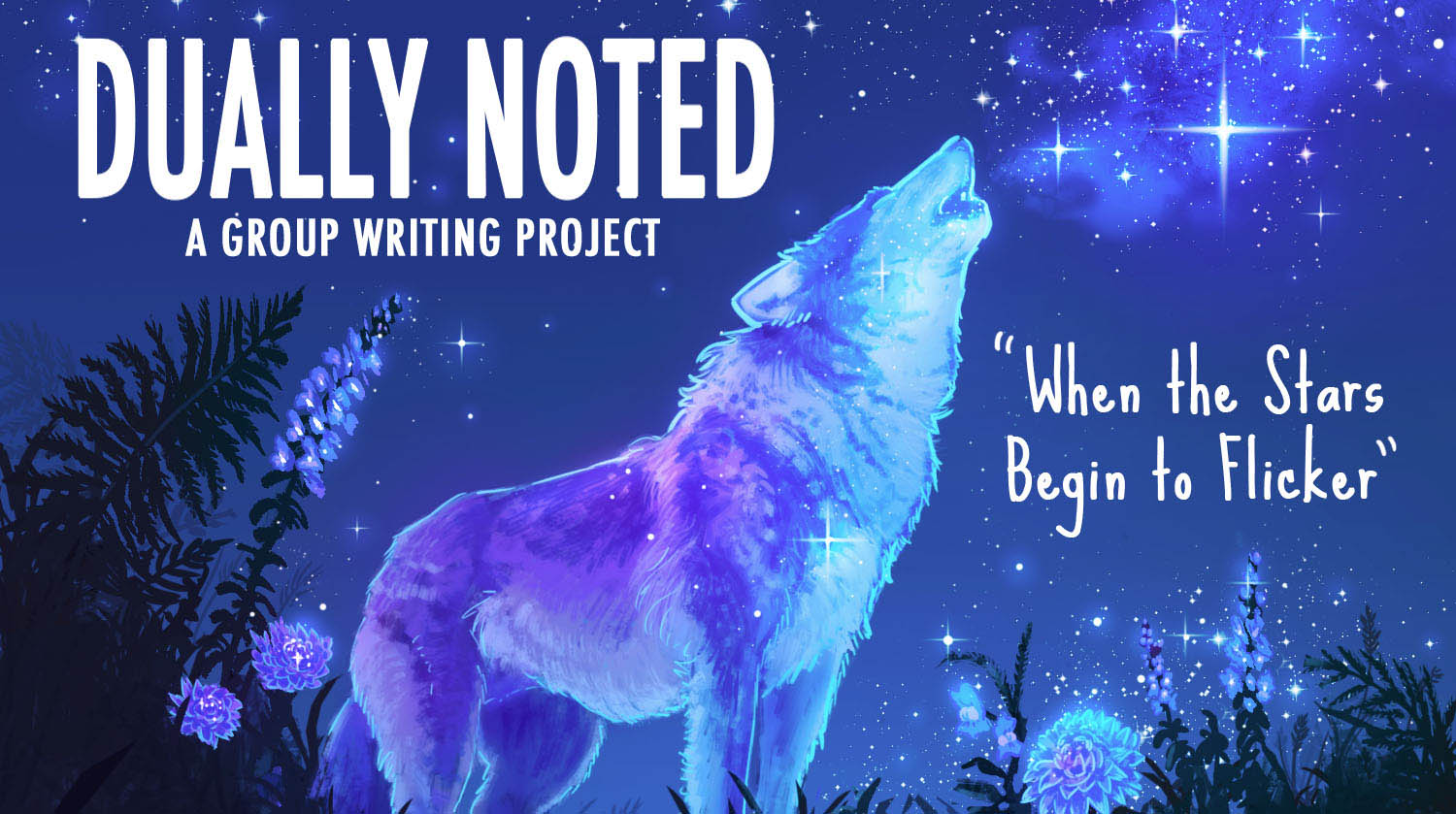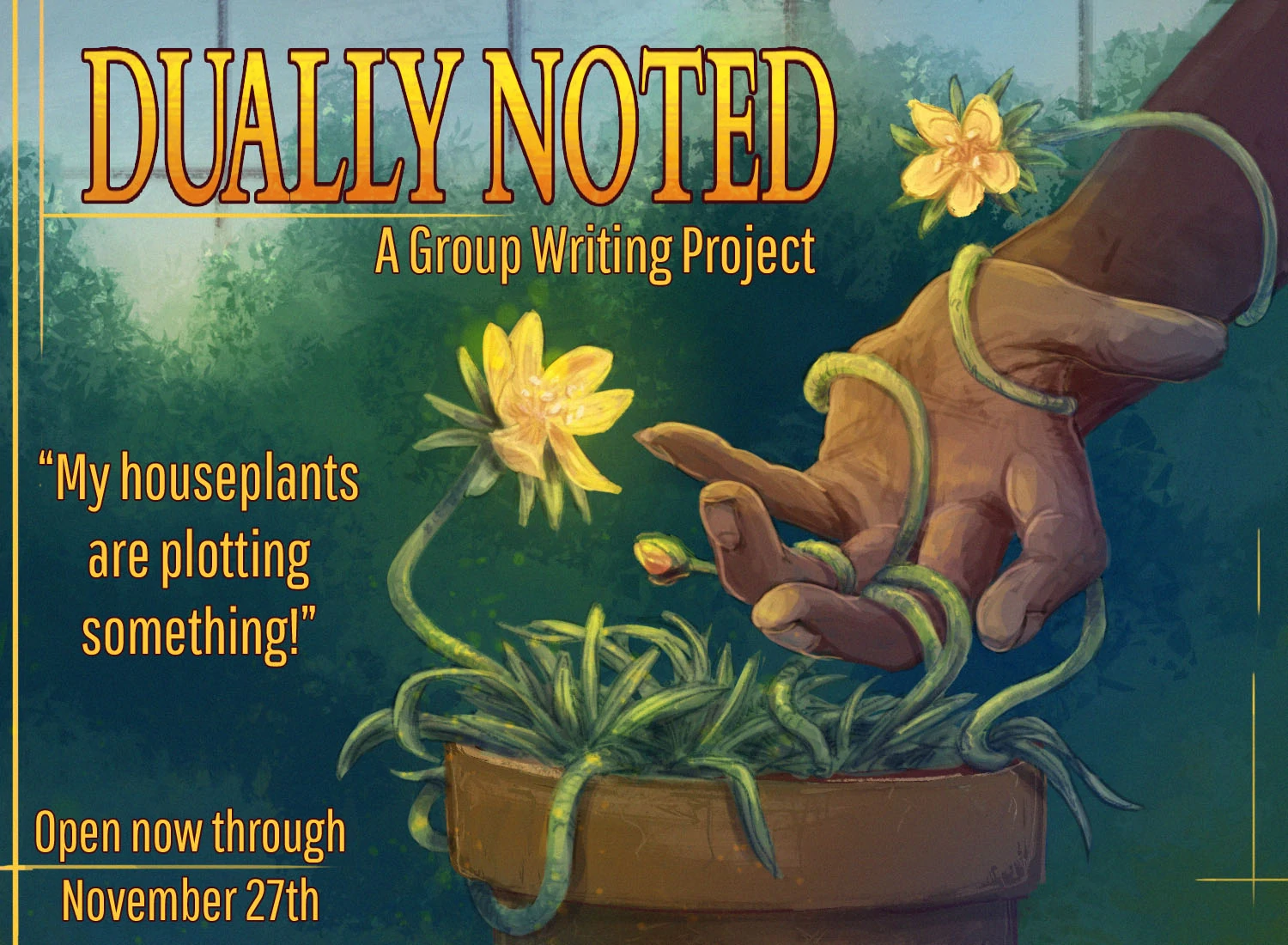
star, bleed slow
A star folding in on itself. That’s how it’s starting to feel, every time you look at her. Like something very far away is dying, and you’re the only one who knows.
Or maybe she does know. You think you can see it in the way her brow creases every time you call her beautiful. She cackles, saying she didn’t raise a liar. She’s right, of course, but let her have this weary laugh at your expense. These days, even smiling makes her tired. Even her laughter makes you cry.
Somewhere, there is a star bleeding slow into the unknown. It started as an itch, as a shift, as something gently peeling the wind from ‘neath her wings, and
Now, the very earth aches. If the world is made of constellations, what happens when a star flickers out?
Tell me, what stays?
They say it takes time for starlight to travel this far. This means the light lining her face could already be dead, and no one would know until it was too late. Until it was already gone.
Compared to the planet, she is barely a blink. You know that, because you’ve studied the planet, right down to its magma core;
You know because that’s what she told you once, a lifetime ago, her fingers tracing the pictures in your textbook, cheap ink coming away on her hazelnut skin:
Mother Earth will outlive us all.
The stars, the ocean, the melted center of the world, and her. They have always existed at the same time, interdependent, inextricable. Will the ocean keep churning when the stars melt away? Will the magma remain stable when she’s gone?
You don’t know, and it scares you; turns your stomach to magma and your fingers to fists; turns you against the brightest star in your sky, demands why her why now why this
Why
Why
Why
You know there is no choice you can make, and still you wake with your jaw clenched around the truth, because dammit,
There is a star, and it is dying, and it is ugly, spitting yellow fumes into the sky—
Or perhaps.
Perhaps.
Perhaps it is blissful in its collapse. Perhaps she craves it. Perhaps inevitability is heavy; a gift to finally put down. Soon, she will stretch her arms above her head and breathe for the first time, unburdened. And you must let her.
But until then, you will take her to the ocean. You will take her to the edge of the world, and you will sit with her, and you will talk idle, angry, lovely things.
You will not cry.
Sit and be as you were when you were still one, when she could carry you without hands, and in return, you grew.
Mother and child, hand in hand, waiting patient at the feet of the universe;
Yes.
Somewhere out there, something is dying. You can feel it in the bones she made you.
But from where you stand, the stars only begin to flicker.
